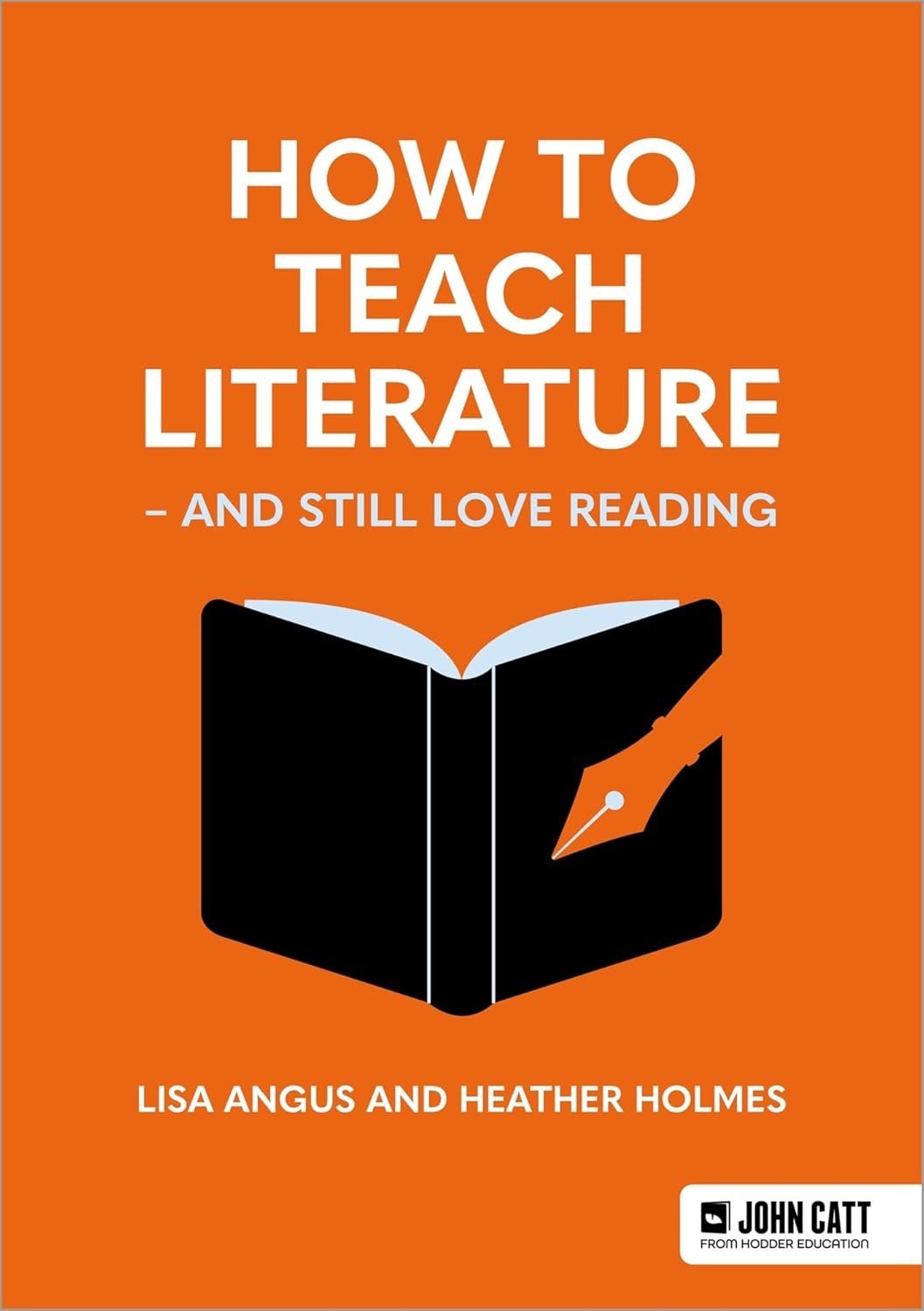It's the 23rd January, and I'm freezing. I don't usually feel the cold, but I've spent all day in a conference about educational innovation. I think a useful innovation would have been to turn the heating on. It was a good conference, but the temperature in the hall (Senate House, University of London), was lower than it was outside.
So, a brisk walk brings me to St Pancras station, and the branch of Hatchards there. (As an aside, if you ever want a signed book, Hatchards is the place to go. Foyles has a few, and other bookshops have them occasionally, but Hatchards has the most, and all the time.)
I'm now going to switch to the past tense.
I started looking in the non-fiction section, and an assistant came along, sat on a stool, and asked me if I was looking for anything in particular. I wondered if she thought I looked like a shoplifter! Anyway, I told her I was interested in Why we sleep, by Matthew Walker. She took me straight to it, and told me why she liked it. I asked her if it was fairly scientific, rather than anecdotal, and she assured me it was.
So, I bought it, and the young lady at the till was charm personified.
It was a nice experience. It left me feeling a lot warmer inside than when I entered, and not merely because of the temperature.
I like Amazon, but I don't think any algorithm can replace well-informed and pleasant bookshop staff.
I love books, and I love reviewing them. However, I’ve decided that a one-size fits all approach to reviewing books (or anything else, come to that), just won’t do. So I’ve categorised my reviews into 6 types.
was intrigued to discover that a popular news magazine of the sixties had been anticipated by Defoe.
The Music Programme of Study requires students to have an understanding of the music that they perform and to which they listen, and its history, and an appreciation of different musical styles.
In all, twenty three poets are considered, and they constitute a wide variety: alongside the usual ones like Milton and Chaucer, we find Sappho and Basho. Each chapter is a mixture of biography and quotations.
One of the things I think can add to one’s enjoyment and also improve one’s writing is to read stories from other cultures.
This pdf contains the reviews of mine that were published in Teach Secondary magazine in 2024.
Here are two versions of the same review: the one I submitted to Teach Secondary magazine, and the edited one they published.
Here are two versions of the same review: the one I submitted to Teach Secondary magazine, and the edited one they published.
Here are two versions of the same review: the one I submitted to Teach Secondary magazine, and the edited one they published.
Here are two versions of the same review: the one I submitted to Teach Secondary magazine, and the edited one they published.










